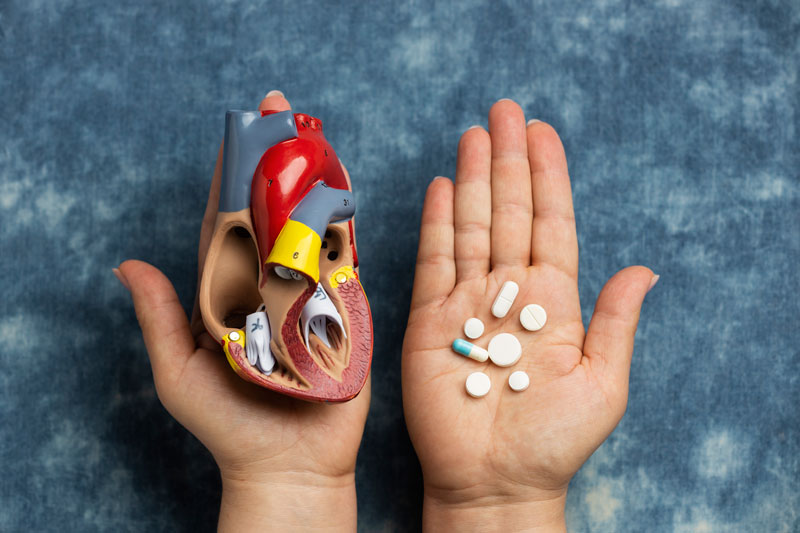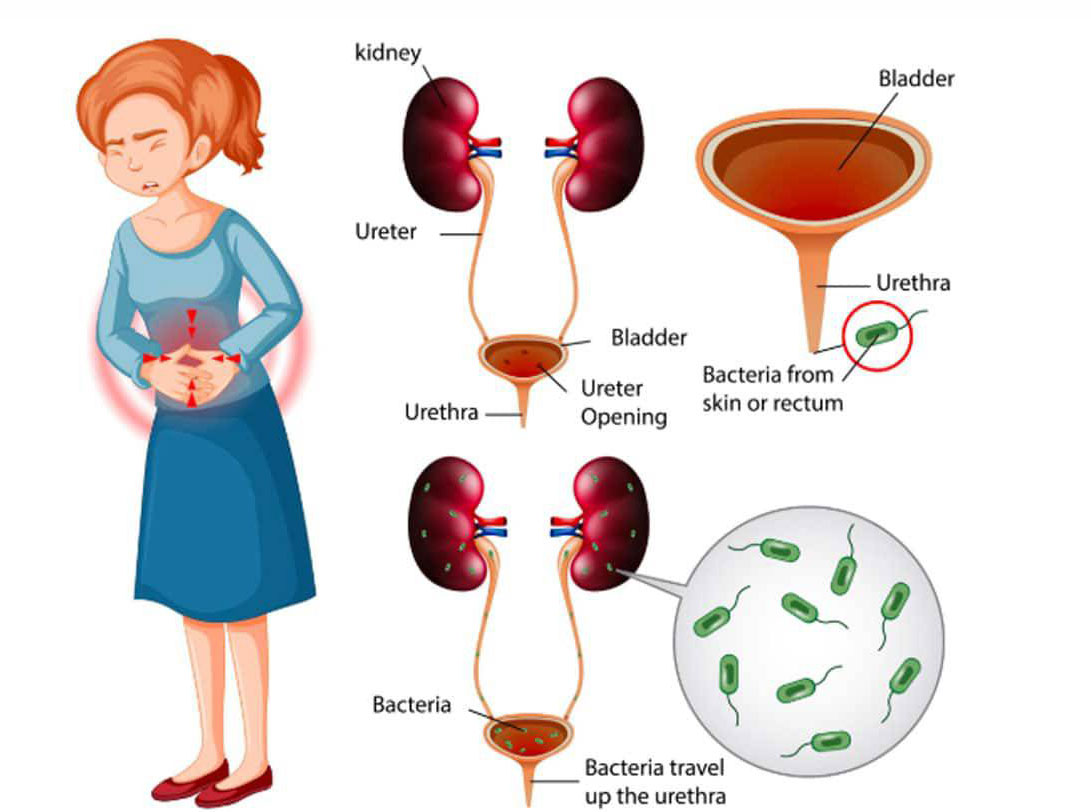
Diabetes should be treated to avoid heart surgery
Diabetes should be treated to avoid heart surgery
Diabetes is a major issue.
According to the most recent surveys, the prevalence of diabetes in India has risen to around 10%. However, this is a national average, and South India is far worse off. In Tamil Nadu, the prevalence is close to 13%. And in cities like Chennai, it's nearly 25%. That means that one in every four Chennai residents has diabetes! Only about half of them are diagnosed. To make matters worse, only one-third of Diabetes patients are treated, and only one-third of those who are treated have their sugars under control!
Why are there so many diabetics?
Diabetes is on the rise as a result of rapid urbanisation, sedentary lifestyles, unhealthy diets, obesity, tobacco use, and rising life expectancy. All of these factors contribute to 'insulin resistance,' which is the body's inability to manage blood sugar.
What effects does diabetes have on your body?
Diabetes increases your risk of developing heart disease. This condition, also known as coronary disease or cardiovascular disease (CVD), can lead to heart attacks and strokes. Diabetics have a CVD prevalence of more than 20%, which is more than double that of non-diabetics (11%). That means that one in every five diabetics has cardiovascular disease.
Diabetes raises your risk of heart disease in what ways?
High blood sugar levels can cause damage to your blood vessels over time, leading to serious heart complications. Because your body cannot properly use all of the sugar in Diabetes, more of it sticks to the blood vessels and red blood cells. This buildup can clog and damage the vessels that carry blood to and from the heart. This can result in a heart attack, heart failure, or death. This is significant because two out of every three diabetics die from a heart attack or stroke.
So, are high sugar levels the only issue?
No. It's not all about blood sugar levels. High blood pressure and cholesterol both damage blood vessels (blood fats). In India, these two conditions have also grown rapidly, contributing to heart disease. As a result, if you are being treated for diabetes, it is critical that your cholesterol and blood pressure be monitored and treated as needed.
How does diabetes affect heart disease treatment?
Diabetes affects blood vessels in a variety of ways. As a result, it is a more severe and complex disease. Many of our patients have had silent heart attacks before coming to see us. This could have harmed their heart function as well. In most cases, medications and stents are not viable options. As a result, many of these patients will require heart surgery. According to recent studies, more than half of the patients undergoing heart surgery in India are diabetic. Furthermore, uncontrolled diabetic patients have poorer treatment outcomes, including an increased risk of infection.
How can I stay healthy while avoiding heart surgery?
Know your Diabetes ABCs: A1c, Blood Pressure, and Cholesterol (Blood Fats) should be measured at least once a year. Maintain your target range by obtaining support and advice from your doctor.
Quit smoking.
Consume a well-balanced diet.
Engage in some physical activity. Exercise on a regular basis.
If you are overweight or obese, seek assistance in losing weight. Even a small amount of weight loss can have a significant impact on your heart and diabetes.
Take your medication exactly as directed.
Keeping your HbA1c level as close to your target as possible protects your blood vessels and, as a result, your heart. Even mildly elevated blood sugar levels can put you at risk over time.
So, if you want to avoid heart surgery, keep your diabetes under control.



0 comments